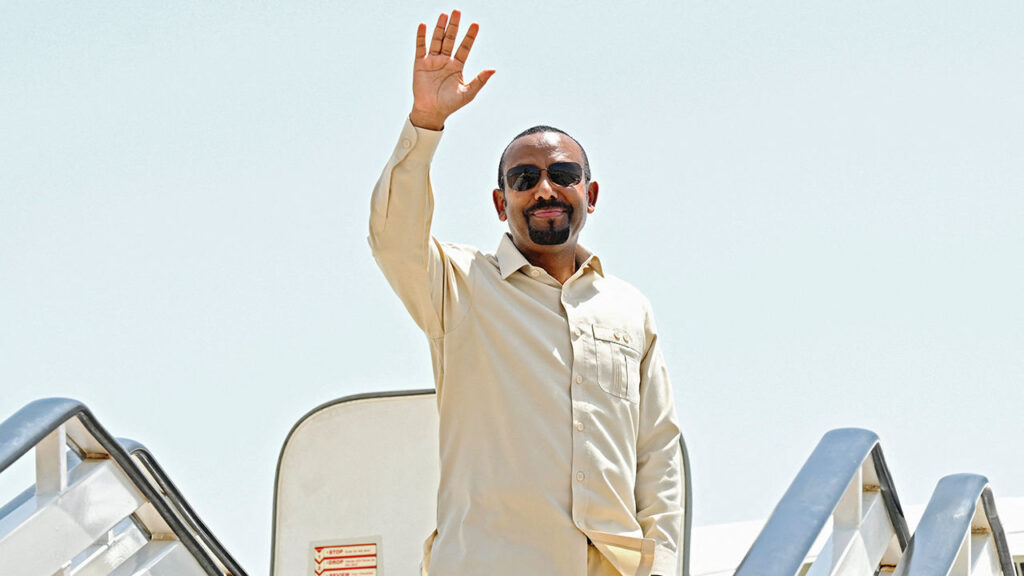During challenging times, leaders often turn to metaphors to explain and justify their tough decisions. In Ethiopia, Prime Minister Abiy Ahmed recently implemented significant economic reforms, including floating the country’s currency and enrolling in a $3.4 billion programme with the International Monetary Fund (IMF) on July 29th. Abiy Ahmed likened these reforms to a necessary surgery, where temporary pain is endured for long-term healing. Meanwhile, in Nigeria, President Bola Tinubu defended two devaluations of the country’s currency, describing the previous system as a “noose around the economic jugular of our nation.” Both leaders are determined to pursue orthodox economic policies, despite the inevitable hardships that may result.
Abiy Ahmed, the Prime Minister of Ethiopia, has been pushing for transformative changes in the country’s economy since coming into office in 2018. His administration’s decision to float the currency was a significant departure from the previous fixed exchange rate regime. By allowing the currency to float freely, the government hopes to attract foreign investment, boost exports, and stabilize the economy in the long run. However, the initial effects of this policy change may include higher inflation and increased costs for consumers, which could lead to short-term pain for the Ethiopian people.
On the other hand, President Bola Tinubu of Nigeria has faced criticism for the depreciation of the country’s currency, the naira, against major international currencies. Tinubu has defended these devaluations as necessary steps to address the economic challenges facing Nigeria. He believes that maintaining an overvalued currency was detrimental to the country’s economic health and has opted for a more flexible exchange rate system to promote competitiveness and attract foreign investment. While these devaluations may initially cause hardships for Nigerian businesses and consumers, Tinubu is confident that they will ultimately lead to a stronger and more resilient economy.
Despite the criticism and challenges they face, both Abiy Ahmed and Bola Tinubu remain committed to implementing orthodox economic policies in their respective countries. By pursuing these reforms, they aim to improve fiscal discipline, promote sustainable growth, and create a more favorable investment climate. While the road ahead may be difficult, both leaders are determined to push through the short-term pain for the long-term gain of their nations.
In conclusion, the use of metaphors by political leaders to explain and justify tough economic decisions reflects the complex nature of governance. Leaders like Abiy Ahmed and Bola Tinubu understand the importance of making difficult choices to steer their countries towards a brighter future. While the pain of economic reform may be unavoidable in the short term, these leaders believe that the benefits of their policies will outweigh the costs in the long run. By staying true to their vision and persevering through adversity, Abiy Ahmed and Bola Tinubu are striving to build stronger, more resilient economies for the people of Ethiopia and Nigeria.



